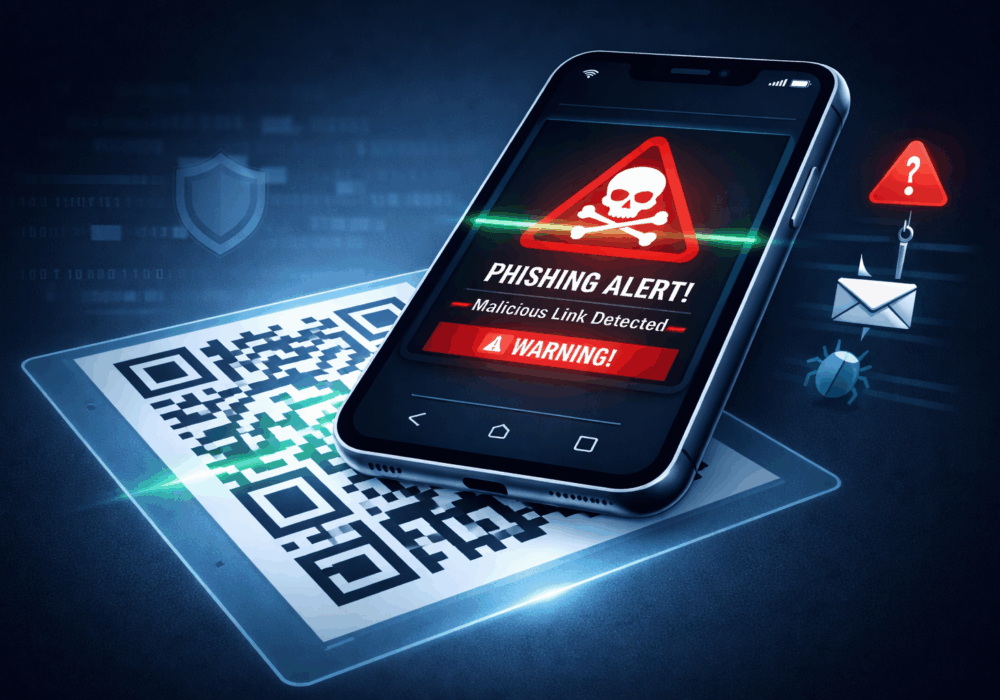Fast Identity Online (FIDO) is a set of technology security specifications for strong authentication. FIDO is developed by the FIDO Alliance, a non-profit organization that seeks to standardize authentication at the client and protocol layers. FIDO specifications support Two-Factor Authentication (2FA) and public-key cryptography. Unlike password databases, FIDO stores Personally-Identifying Information (PII), such as biometric authentication data, locally on the user’s device to protect it.
FIDO’s local storage of biometrics and other personal identification is intended to ease user concerns about personal data stored on an external server in the cloud. By abstracting the protocol implementation with Application Programming Interfaces (APIs), FIDO also reduces the work required for developers to create secure logins for mobile clients running different Operating Systems (OS) on different types of hardware.
FIDO supports the Universal Authentication Framework (UAF) and the Universal Second Factor (U2F) protocols. With UAF, the client device creates a new key pair during registration with an online service and retains the private key; the public key is registered with the online service. During authentication, the client device proves possession of the private key to the service by signing a challenge, which involves a user–friendly primary authentication factor action such as providing a fingerprint, entering a PIN, taking a selfie, or speaking into a microphone.
With U2F, authentication requires a strong second factor such as a Near Field Communication (NFC) tap or USB security token. The user is prompted to insert and touch their personal U2F device during login. The user’s FIDO-enabled device creates a new key pair, and the public key is shared with the online service and associated with the user’s account. The service can then authenticate the user by requesting that the registered device sign a challenge with the private key.
This means that you should continue following CyberHoot’s recommendations regarding cybersecurity and authentication processes until these passwordless options become widely available, tested. and generally accepted. Until then, require 14 character, non-complex, and non-expiring passwords, stored in a password manager, itself protected with strong two-factor authentication. Beyond passwords, CyberHoot recommends the following minimum essential cybersecurity recommendations.
The following recommendations will help you and your business stay secure with the various threats you may face on a day-to-day basis. All of the suggestions listed below can be gained by hiring CyberHoot’s vCISO Program development services.
Each of these recommendations, except cyber-insurance, is built into CyberHoot’s product and virtual Chief Information Security Officer services. With CyberHoot you can govern, train, assess, and test your employees. Visit CyberHoot.com and sign up for our services today. At the very least continue to learn by enrolling in our monthly Cybersecurity newsletters to stay on top of current cybersecurity updates.
Sources:
Additional Reading:
Related Terms:
CyberHoot does have some other resources available for your use. Below are links to all of our resources, feel free to check them out whenever you like:
Note: If you’d like to subscribe to our newsletter, visit any link above (besides infographics) and enter your email address on the right-hand side of the page, and click ‘Send Me Newsletters’.
Discover and share the latest cybersecurity trends, tips and best practices – alongside new threats to watch out for.

And How to Fix Them Let me make an educated guess. You moved to Google Workspace because it was supposed to...
Read more
Remember Heartbleed? That security nightmare from a few years back that made everyone panic about their...
Read more
Remember 2020? We scanned QR codes for everything. Restaurant menus. Parking meters. That awkward moment at a...
Read moreGet sharper eyes on human risks, with the positive approach that beats traditional phish testing.
